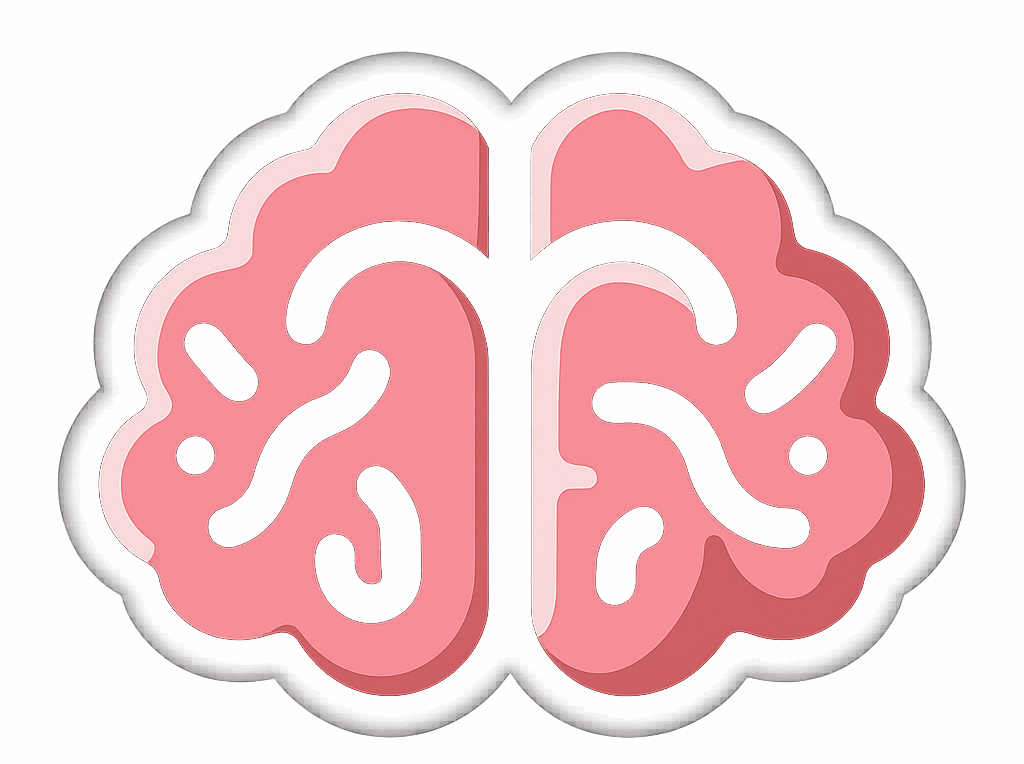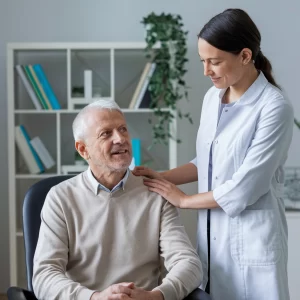Grief and Coping Tips After Communication Impairment
Sudden onset of a communication disorder can be traumatic and life changing. While most people make good progress, recovery is variable depending on their access to helpful resources. There are often residual deficits that may be permanent. Because these communication deficits are often caused by medical problems such as stroke, brain injury or neurological disease there are often accompanying physical and emotional problems.
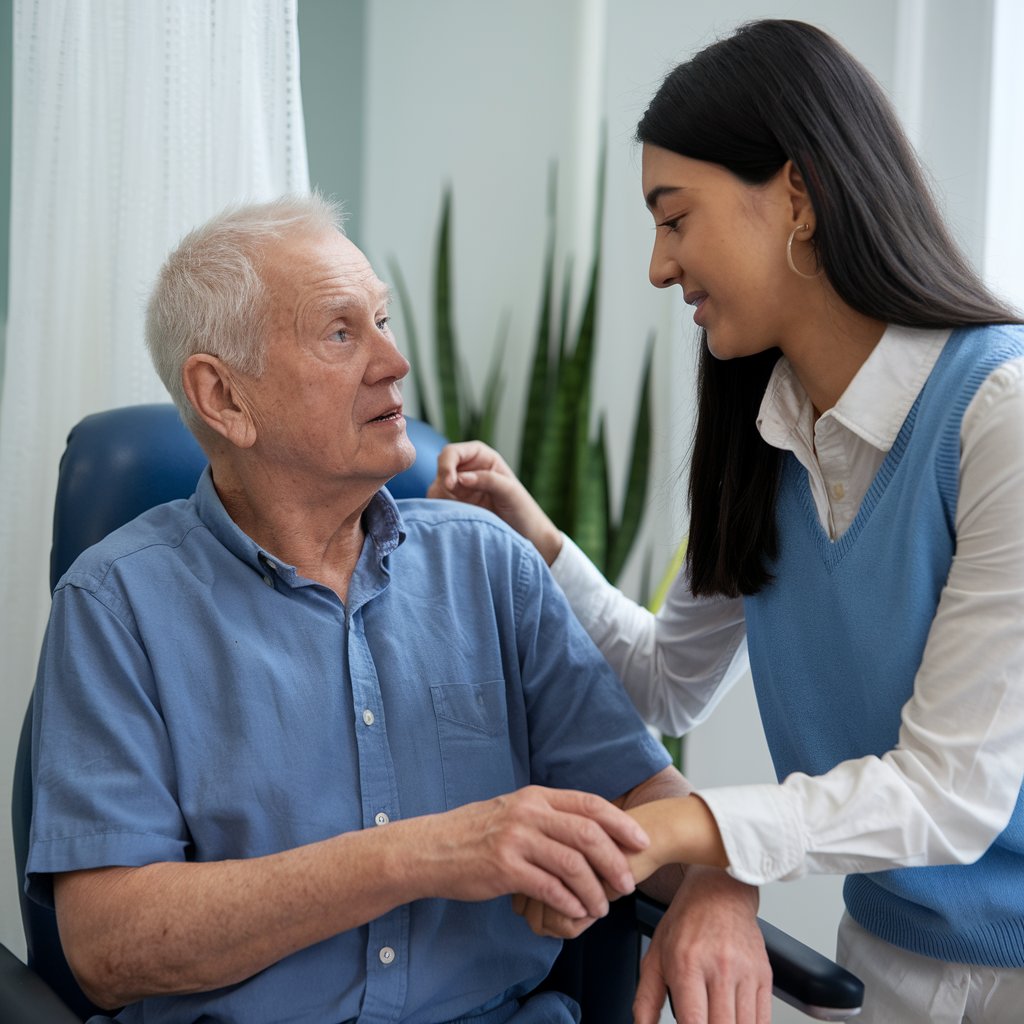
Coping with and adjusting to these problems can be very challenging for the patient as well as friends, caregivers and family. Although everyone grieves in different ways, understanding some of the common stages of grief may help.
The Grieving Process
- Shock and numbness: I can’t believe this has really happened.
- Denial: This really isn’t so bad. I’ll be fine
- Anxiety and/or embarrassment: How can I communicate? What will everyone think about my speech?
- Frustration and/or anger: I am so mad this happened to me! It isn’t fair.
- Bargaining: Dear, God, please make this go away and I’ll do anything.
- Sadness / depression: I’ll never get over this. My life is over if I can’t communicate
- Hope and acceptance: With some help and hard work, I think I’ll improve. My speech doesn’t have to be perfect to be effective.

Grief is a natural emotional response to a loss or traumatic event. It usually decreases with time, although it may never go away completely. Depression is more severe, lasts longer and may require professional help such as therapy or medication.
Common Symptoms of Grief of Losing Communication Skills
Common Symptoms of grief and depression that one can experience after experiencing communication loss include:
- Sadness
- Anger/frustration
- Anxiety
- Low self esteem
- Sense of failure
- Loss of in interest in activities
- Social withdrawal
- Difficulty concentrating
- Pessimism
- Sleeping difficulty
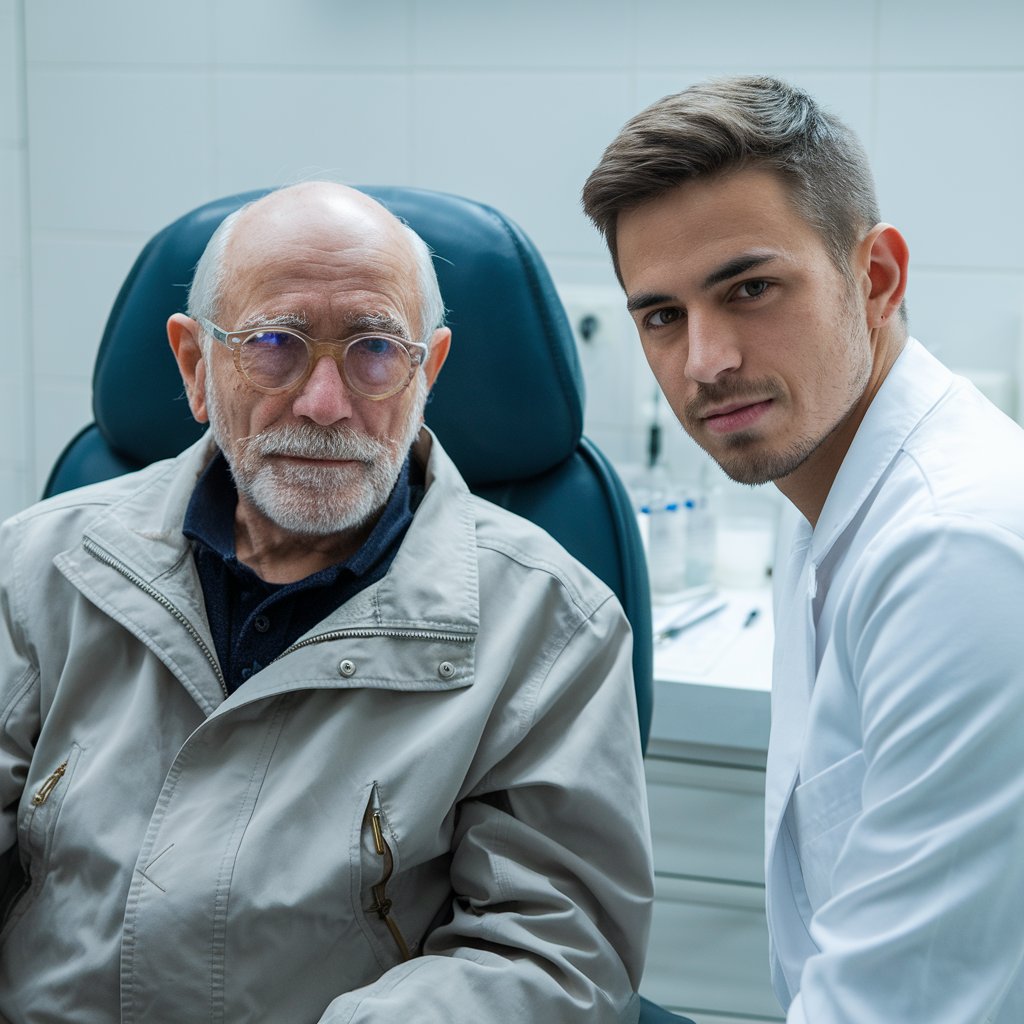
Steps One Can Take to Cope
- Be aware of self-talk. This is the constant stream of internal dialog going on in your mind. Confront negative thinking and be supportive to yourself. When you find yourself having thoughts like, I sound like such a doofus…..I can’t even get out a coherent thought, shift to something positive like…..That wasn’t perfect, but I think I made my point. And general supportive thoughts such as, I am still me despite my communication problems, I am going to love myself the way I am.
- Take one day at a time. Live life in the present rather that what it was in the past or may be in the future. Develop an appreciation for the truly important things in your life.
- Combat anxiety. Meditation, relaxation therapy, soothing music and practicing calming thoughts can be helpful when you feel anxious.
- Develop a schedule for the day. Keep a list of what you want to accomplish each day, even if for simple chores. And don’t forget to include therapy exercises. All of this can help you feel a sense of accomplishment and contribute to a positive state of mind.
- Stay open to loved ones. When someone has a communication problem, there may be a tendency to withdraw socially. Maintain social contact as much as possible. Do your best to express appreciation, even if nonverbal, such as smiling, head nodding or thumbs up gesture.
- Reduce frustration. Don’t let resentments or problems fester. Express your thoughts and feelings to the best of your ability. Use communication aids or nonverbal communication if needed. Frustration may also be reduced with alternate activities such as going outside, watching TV or calling a friend.
- Focus on the positive. Review your progress so far rather than how far you have to go. Progress in self acceptance is important to note as well.
- Maintain contact with the outside world. Although you may feel self-conscious about your communication problem, you are still you. Keep up contact with friends and family. If possible stay active in your prior activities such as clubs, church, hobbies and travel. Consider joining a support group. If communication is difficult, engage in activities that require less communication such as playing simple games, looking at photos, hobbies or scrapbooks or watching TV. These activities also can provide opportunities to practice communication skills.
- Support others. Find someone who is less fortunate than you and spend time with them for mutual support and encouragement. Helping someone else can help you take focus off your problems and build self esteem. A volunteer job or participating in a support group can serve this purpose as well.
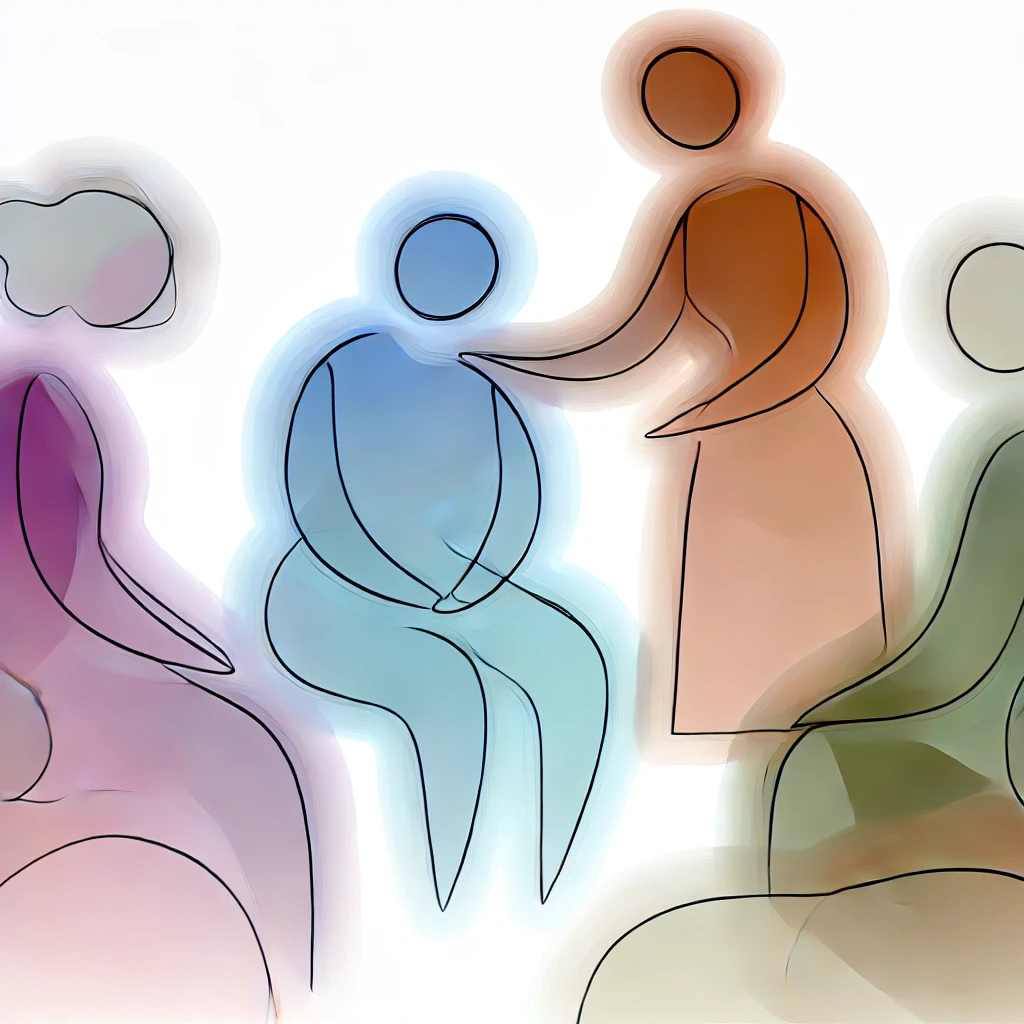
Tips for Caregivers
Caregivers play a significant role in helping a person cope with grief from communication loss:
- Encourage active participation in therapy, home exercises, outside activities and contact with friends and family
- Use empathic statements such as reflecting what the person may be feeling. Eg: It must be really frustrating when communication is so hard. Avoid being over optimistic as this is often not realistic and seems dishonest. Let them know that you understand what they are experiencing is not easy but you are on their side.
- Allow the person to grieve their loss. This is a part of the healing process. Acknowledge the sadness, frustration and anxiety that can accompany the grieving process. However, if this is prolonged, professional intervention may be needed.
- Know their abilities. Get information and training from therapists, family, or counselors about the person’s abilities and limitations. Do what you can to facilitate maximum independence with communication and other skills. Avoid making demands beyond their ability. Encourage use of communication aids and memory tools such as calendars, lists and schedules.
- Reprieve. Take care of yourself, maintaining your previous activity level outside the home as much as possible. Keep up your emotional relationships with friends and family. This helps prevent burnout and sends the positive message that you are ok. If you burn out or get sick you will not be available for anyone else. If financially possible, get outside help. This helps preserve your relationship as a wife, daughter, sister, etc rather than a full time caregiver.
- Allow yourself to grieve. When a traumatic event happens to one person, their significant others are affected, too. Be aware that you may be going through the stages of grieving, as well. Joining a caregiver support group may be helpful.
- Be aware of codependency issues. Codependency happens when one’s happiness rests on whether or not someone else is happy. Just because your loved one is unhappy, anxious, frustrated, etc., doesn’t mean you have to be, too.
- Maintain your emotional independence. Professional counseling may help.

A wide variety of disabilities can occur as a result of a stroke, traumatic brain injury, brain tumor, neurological disease or neuromuscular process.
There are often physical, emotional and communication problems that accompany these disabilities with wide variations in the symptoms and in the recovery. Some individuals are left with residual deficits that can be life changing.
Keeping a positive attitude in these situations can be difficult, but this piece by Emily Perl Kingsley may help. Although written for parents who have a child with disability, it can apply to many situations in which life does not turn out as expected.
In summary, there is a natural grieving process that follows significant loss. Allowing this process to happen is an important part of recovery and acceptance.
Barbara Van Dyne, M.A., speech-language pathologist has worked for decades in a variety of rehabilitation settings, including inpatient and outpatient rehabilitation, home health, private practice and skilled nursing facilities.
She holds a Master's Degree from The University of Kansas in Speech and Language Pathology.
She is the author of Memory Chit Chat, a clinical manual with exercises that leverage social themes for therapeutic purposes offers meaningful engagement, repetition, familiarity, personal relevance, and a connection to seasonal and cultural events
She has taught memory improvement classes and served on the advisory board of the Stroke Support Group of Northern California. Prior to her retirement she was certified by the American Speech and Hearing Association and licensed as a speech pathologist in the state of California.
